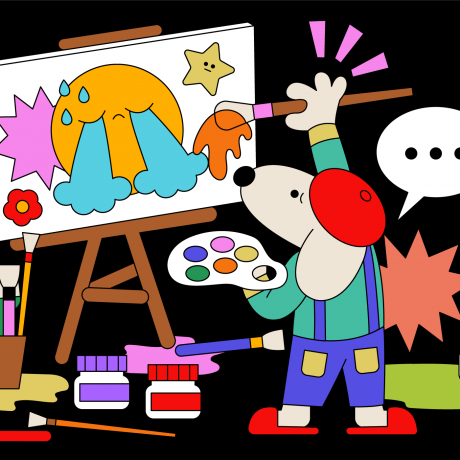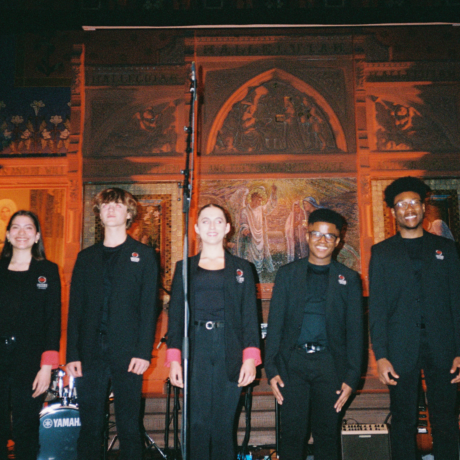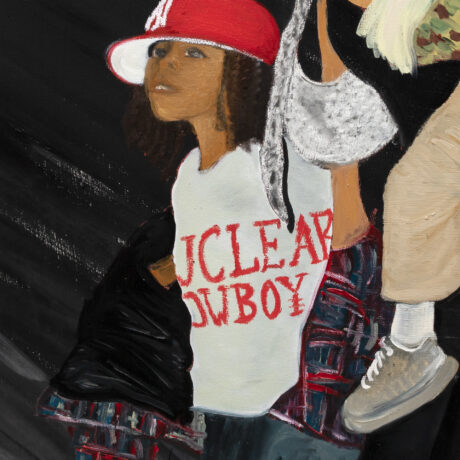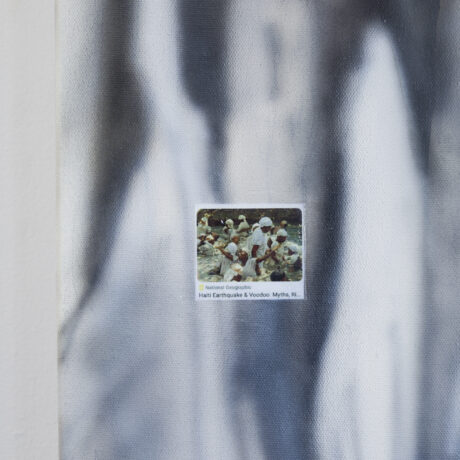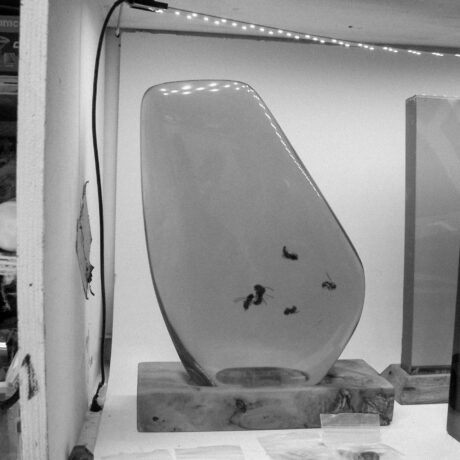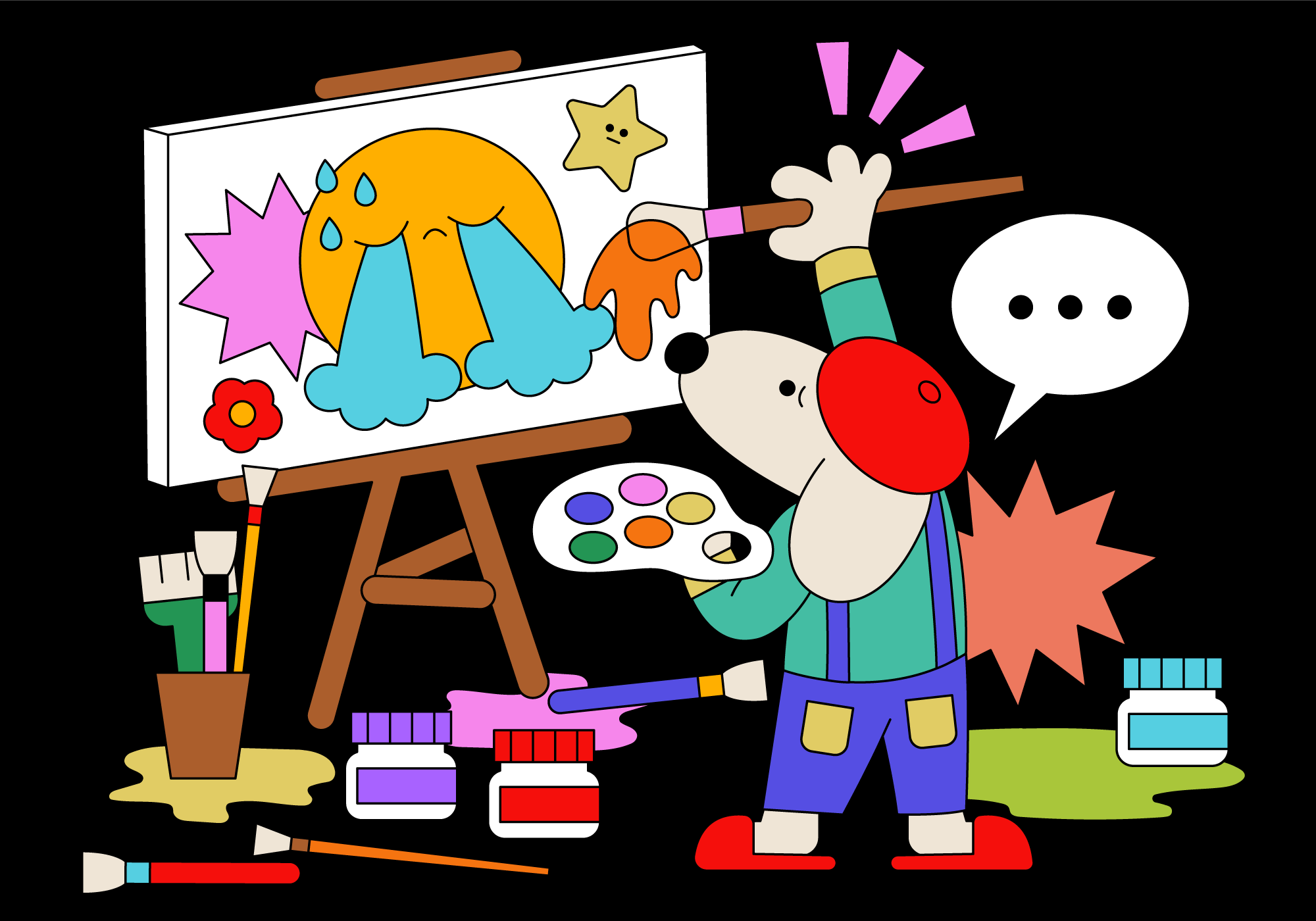
Q: I’ve been offered an internship by a small gallery, but it’s unpaid. I don’t want to give up my paying non-art job and take a complete pay cut, but there’s the prospect of a position arising in the future. This could mean arts experience and getting my foot in the door. What should I do? Am I selling myself short?
I always try to leave room for nuance in my advice because I cannot predict the future. Not every situation that sounds suspect is actually suspect. But because you told us which gallery it is who has offered you the unpaid work, the more I think about it, the angrier I feel for you.
This gallery has a prime location in an area of London that’s known for being an art hotspot. They focus on emerging artists and claim they’re open to hearing from everyone. They have a packed exhibition programme that they ask artists to submit to. They’ll even help you sell and promote your work.
If it sounds too good to be true, that’s because it is. They’re charging anywhere from £600 to £2,000 depending on the amount of wall space you want for displaying your work. It’s not really a gallery in the traditional sense. It’s a space for hire at the low, low price of £5,000 a week. And while this is just one anonymous gallery, there are so many of these sites in London that you can similarly fill in the blanks as you choose.
“Any role worth doing will be paid. Any organisation worth working for will be prepared to pay at least minimum wage”
Now, I’ve got nothing against this as a business model in and of itself. Bills have to be paid, London rent is extortionate, life is tough. But this model only works because it takes money from rich people who have it to spare and desperate artists who cobble together the funds to buy into this kind of art-world exclusivity. If you look at the pace of the programme, it’s clear that money is coming in. It’s therefore clear this gallery can afford to pay you.
They could definitely pay an intern the London Living Wage for a few days a week. If my guesses about their financial state are wrong, there are government schemes like Kickstart that they could use to fund these roles. They are basically choosing not to pay a potential intern to keep profit for themselves.
I think that says a lot about the quality of experience anyone doing that entry-level job will actually take away with them. I hate that and I also hate this opacity around language. Internships, traineeships, placements. Will it lead to a job or not? I just wish they would be honest. It’s a vocabulary that dangles the promise of vague future opportunities in order to reel in arts workers in need. I think you deserve better.
“If you look at the pace of the programme, it’s clear that money is coming in. It’s therefore clear this gallery can afford to pay you”
You wrote that you have a paying non-art job which you would have to give up to do this unpaid role. I think ‘paying non-art job’ is key here. Sorry to be all ‘in this economy’ about it, but in this economy do you really want to give up potential sick leave and furlough support as we move deeper into 2022?
I don’t know if you were keeping up with any of the news about how art spaces treated casual workers during the first year of the pandemic, but it was dire. The idea of taking on an unpaid role with a small gallery while there’s a new variant in the air makes me sweat. So, I think given the wider context here, it would be more sensible to find something transitional that means you keep some of the security you already have. Or maybe you could go part time?
If you can find something that works around your current work schedule, even if it is unpaid, I would go for it. Just for now, just as a way to start shaping your CV and your skills towards the future you want. That might be something like the role you’re looking at, there or elsewhere, that you can spend an evening a week at for a short period of time.
“I hate this opacity around language. Internships, traineeships, placements. Will it lead to a job or not? I just wish they would be honest”
But if these small, shady spaces don’t feel right, you could look to big museums and galleries. I hate recommending anything unpaid but at least their volunteer programmes are generally explicit about the voluntary nature and the limits of that role. Plus, you can always wander in and find a volunteer to talk to candidly about their position. See if it matches up with what you want, or how much proximity they have to other staff in the organisation who might be doing the kind of work you’re hoping to move towards.
I’ll leave you with a good general yardstick for figuring out if something like this is worth it. Any role worth doing will be paid. Any organisation worth working for will be prepared to pay at least minimum wage, or they will be explicitly clear that the unpaid roles are volunteer-based. There won’t be a promise of a potential paid role to entice you, they’ll be clear about what’s expected and given
There are other ways to go about this. That small gallery is not a door worth kicking down, but I am really truly wishing you the best of luck cracking open the next one.
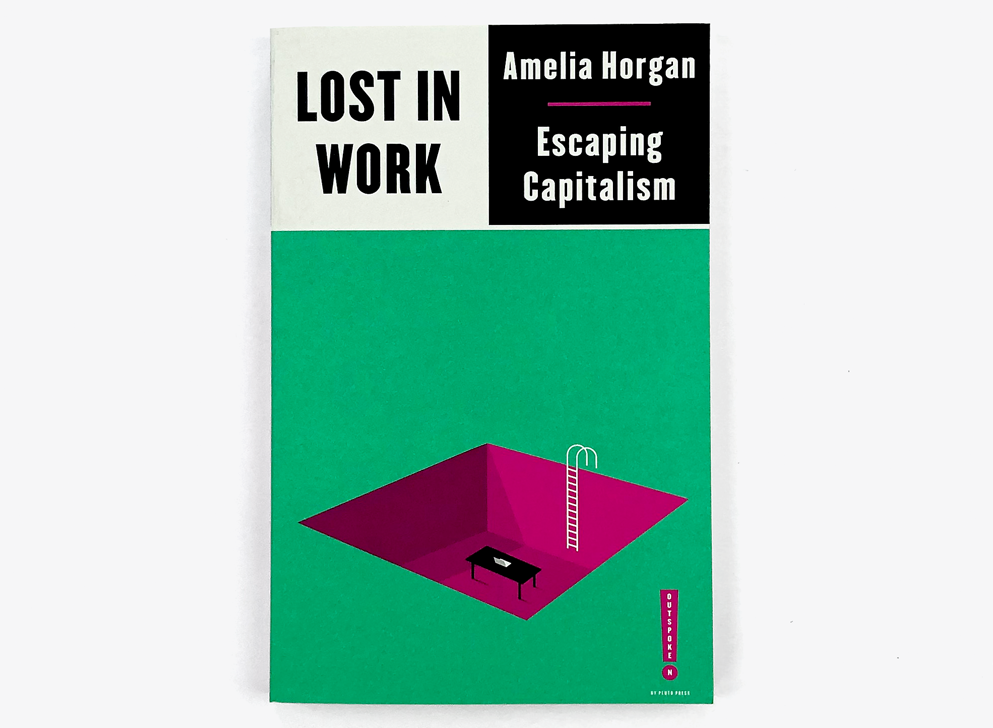
Culture Therapy: Let Art Solve Your Problems
I’m lost as to what to prescribe you in terms of culture that could ease the pain or guide your way. The advice here is so tangled up with work and money and I don’t know how much you have in the bank.
Was it right for us to tell you not to quit your paying non-art job, even if that’s something you want to do? Who knows, maybe you have the funds to roll the dice in the unpaid arena of the arts. It could be that the security of various job benefits does not outweigh the promise of a more creative career and lifestyle.
Everything is made more complicated by the pandemic too. If you do leave your job to go into the arts, art spaces are not really a priority when it comes to government protection plans. With this complexity in mind, and my own feelings of being lost as to what to say to you, I recommend you read Lost in Work: Escaping Capitalism by Amelia Horgan.
“Horgan’s 2021 book covers three questions: what is work, how does it harm us, and what can we do about it?”
Horgan’s 2021 book covers three questions: what is work, how does it harm us, and what can we do about it? It untangles all the knots, it explains these bad feelings, and it leaves us with a clear picture of the situation so that we can go from there
Maybe your own head will feel clearer after reading it. It could help you make the final decision during what continues to be a very strange time for us all.
Illustration by Lucia Pham, an illustrator based in Hanoi, Vietnam
Have a question for The White Pube?
Get in touch with Zarina and Gabrielle at info@thewhitepube.com
GET IN TOUCH